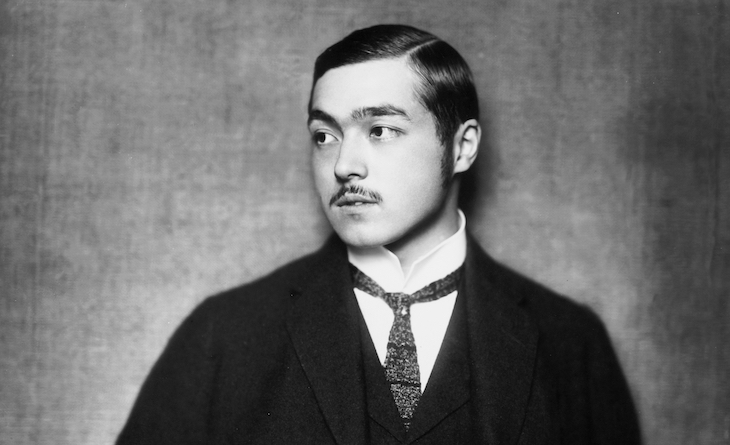If the European Union created its own version of Mount Rushmore, who would it place in its pantheon? Horst Köhler, Helmut Kohl, and Francois Mitterrand – the architects of the Maastricht Treaty – perhaps? Or maybe Alcide De Gasperi, Robert Schuman, Jean Monnet, and Konrad Adenauer, who set in motion the long and winding process of European integration in the 1950s?
Almost certain to be overlooked is the man who founded the modern movement for European unity in the first place. That is, the eccentric, cosmopolitan Austro-Hungarian aristocrat Richard Nikolaus Eijiro, Count of Coundehove-Kalergi.
Kalergi had an unusual background. He was born in Tokyo in 1894 to an Austrian diplomat father and a Japanese mother. It was a rare match for the nineteenth century, one that required the personal permission of the Japanese emperor. Kalergi’s father had impeccably aristocratic credentials, which gave the family historic links to just about every corner of Europe, from Crete to Belgium.

Britain’s best politics newsletters
You get two free articles each week when you sign up to The Spectator’s emails.
Already a subscriber? Log in






Comments
Join the debate for just £1 a month
Be part of the conversation with other Spectator readers by getting your first three months for £3.
UNLOCK ACCESS Just £1 a monthAlready a subscriber? Log in